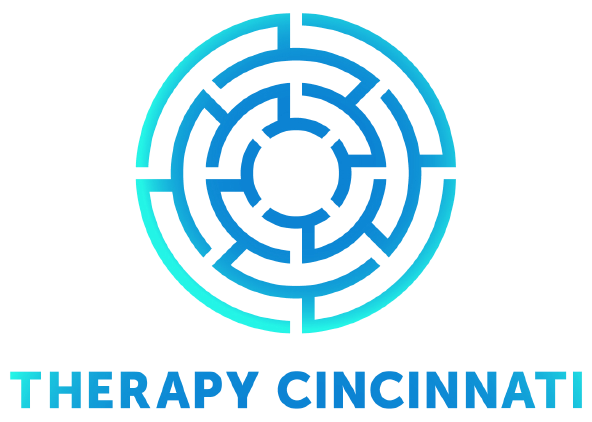While online dating has become a popular way for to connect to potential partners, it can also impact our mental health. It’s essential to navigate online dating thoughtfully and be aware of its effects on your well-being. Dating therapy can provide valuable support during this journey.
The Allure of Online Dating
Online dating apps promise instant connections and endless possibilities. With a few swipes, you can meet people from all over the world. This can be thrilling and fun, offering a chance to expand your social circle. However, the constant stream of choices can also feel overwhelming. It’s easy to get caught up in the excitement and forget to take care of your mental health. Balance is key to enjoying the benefits without the stress.
The Impact of Rejection
Rejection is a part of online dating that can be particularly challenging. Not getting a match or being ghosted can lead to feelings of inadequacy and self-doubt. The constant exposure to rejection can negatively impact self-esteem, and it’s important to remember that rejection is not a reflection of your worth. Learning to cope with rejection when dating can be crucial for your mental well-being.
Managing Expectations
Online dating can sometimes create unrealistic expectations. Profiles are often curated to show the best versions of ourselves, leading to idealized perceptions. This can set you up for disappointment when reality doesn’t match the image. It’s vital to approach online dating with realistic expectations and learn to manage these expectations and develop a more grounded perspective. Being realistic can lead to more meaningful and satisfying connections.
The Pressure to Impress
The pressure to impress can be intense in the world of online dating. Crafting the perfect profile, choosing the right photos, and coming up with smart and fun messages can be exhausting. This pressure can lead to anxiety and stress. It’s important to stay true to yourself and not feel pressured to be someone you’re not. Remember: Authenticity is key to forming genuine connections with others, especially with romantic relationships.
The Role of Self-Care
Self-care is crucial when navigating online dating. It’s easy to spend hours swiping and chatting, but this can be draining. Make sure to take breaks and engage in activities that rejuvenate you. Exercise, hobbies, and spending time with loved ones can help maintain your mental health. Therapy can also support your self-care routine by providing personalized advice and encouragement. Prioritizing self-care ensures you stay balanced and happy.
Recognizing Red Flags
Online dating can sometimes expose you to unhealthy relationships. Recognizing red flags early on is important for your safety and well-being, and these can include controlling behavior, excessive jealousy, or disrespect. It’s important to trust your instincts and not ignore these warning signs, even though you may like the other person. Therapy can help you understand what to look out for and how to respond, as well as how to find a better partner. Protecting your mental health means setting boundaries and knowing when to walk away.
Building Healthy Relationships
Building healthy relationships through online dating requires communication and trust. Take your time to get to know potential partners and establish a strong foundation. Be open about your needs and listen to theirs. Therapy can provide tools to improve communication and strengthen your relationships. Healthy relationships are built on mutual respect and understanding. Investing time and effort into these aspects can lead to lasting connections.
The Benefits of Dating Therapy
Dating therapy offers a supportive space to navigate the challenges of online dating. A therapist can help you understand your patterns and preferences, as well as how you connect to others and how open you are. They can also offer strategies to cope with rejection, manage expectations, and handle the pressure to impress. Therapy can boost your self-esteem and help you stay true to yourself. It’s a valuable resource for anyone looking to improve their dating experience. Don’t hesitate to seek professional support if you need it.
Conclusion
Navigating online dating can be a rewarding yet challenging experience. By being mindful of its impact on your mental health, you can enjoy the benefits while minimizing the stress. Remember to manage your expectations, recognize red flags, and prioritize self-care. Dating therapy can provide valuable support and guidance on this journey. Embrace the adventure of online dating with confidence and take care of your well-being along the way.
If you need more support while going through the dating process, struggle with dating, or find yourself dating the same kind of people, therapy may be helpful. Reach out today to one of our local therapists to get started with therapy.

